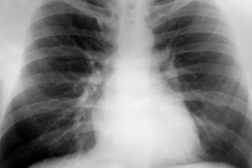Environmental Health and Safety
ISHN Editor Dave Johnson reporting from NSC Congress & Expo
Read More
Generation next addressed at NSC Congress
ISHN Editor Dave Johnson reporting from Florida
October 22, 2012
New rule helps evaluate miners’ digital chest radiographs
From the Director’s Desk
October 11, 2012
Can introverts take the lead?
Yes — they can shift from homework to handshakes
October 5, 2012
Become a Leader in Safety Culture
Build your knowledge with ISHN, covering key safety, health and industrial hygiene news, products, and trends.
JOIN TODAYCopyright ©2025. All Rights Reserved BNP Media.
Design, CMS, Hosting & Web Development :: ePublishing








